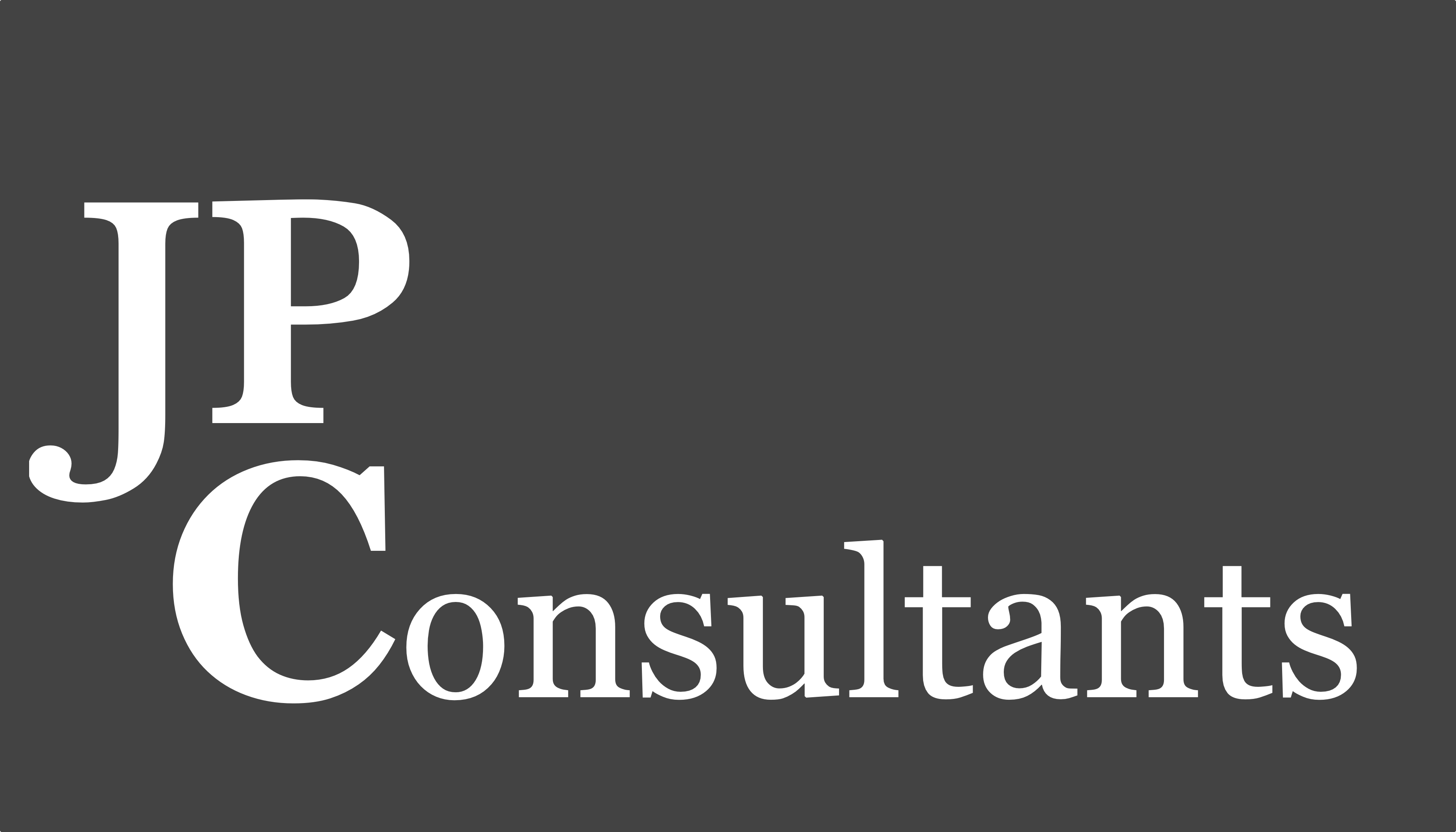
One of my presentation skills participants in a workshop for physicians was struggling. We’ll call him Joe. His nerves were obvious and were expressed in slow, stilted delivery, forgotten ideas, and extreme stiffness.
Joe was a real fun guy to talk with. Like the other participants, I had talked with Joe before the presentation to find out his presenting background and goals for the session. During that phone conversation and chats I had with Joe at break and as I observed him engaging with others, Joe was articulate, fun, quick, and relaxed. Then he stood in front of the group for his first presentation and a negative transformation came over him. As it happens to so many, frozen Presenter Joe came forward.
Once each participant had done two medically related presentations, we got around to the last presentation in which they could pick any topic. I always want people to nail that last presentation with their best performance, but I had never wanted success as much as I wanted it for Joe. You could feel the whole group was cheering for him. Joe stood when it came his time, slowly and confidently looked at each face in the group and said, “I have a very important question for each of you.” He clicked and an image of a Tesla came on the screen. “What do I have to do to get you in this car?” And then Joe smiled. It was big, relaxed, self-assured smile and his colleagues and I gave a deep exhale of relief; Joe was going to be OK.
Joe was more than OK. He was great. Joe was energetic, persuasive, fun, and very, very clear. He didn’t just talk about the car, he talked about the environment and climate change and he talked with passion directly to his audience of doctors and said they were the people with the resources to be early adopters of technology like a Tesla that could help save the planet. Joe got one of the few standing ovations I’ve seen in a workshop.
One lesson from this is that Joe, and every other presenter, needs to focus on the person who came through in their best presentation. Joe needs the confident, eloquent, energetic image to be the one that informs future presentations and this is where the appreciative approach comes in. Joe and you and I need to appreciate our best moments and clearest examples of our skills coming to the surface. Joe, like all the presenters in the workshop, had a video of each presentation. This final excellent example of his best presenter self was the one Joe should watch and sear into his mind.
When we gave feedback, I suggested that Joe always talk about Tesla cars and technology. I wasn’t saying that he should become a car salesperson and quit his medical practice; I was suggesting he find a way to make Tesla a metaphor for any topic. If he is talking about new technology in his field, Tesla can be a metaphor. If he is talking about patient care, he can talk about Tesla customer service. Quality control, things we can do to make a difference, design, and countless other topics have parallels between medicine and cars. If Joe uses that Tesla metaphor over and over he will bring patches of passion and comfort into any talk on any subject and his mind will begin to accept how good he really is at presenting.
I use gardening in this way. When a picture of a garden bed or a plant comes up in my slide deck, I feel a surge of confidence because I know about that area of life and love to talk about it.
What is your Tesla? What is the thing that would be more than just a good topic for a talk but can expand to inform any talk? Find that thing, use it over and over and appreciate it.
